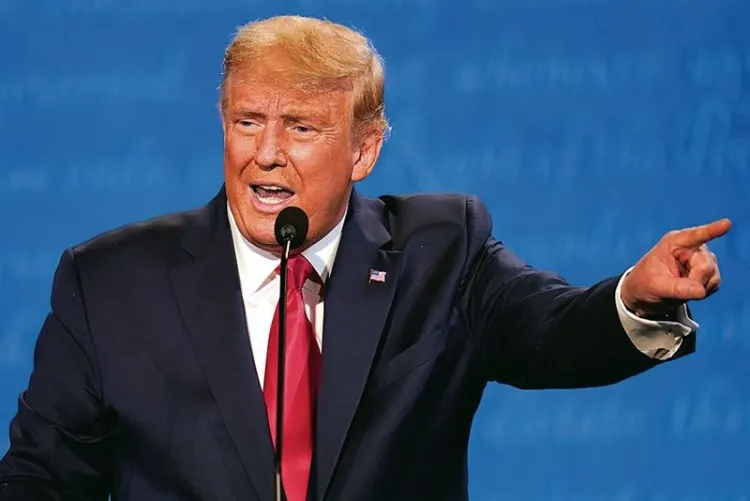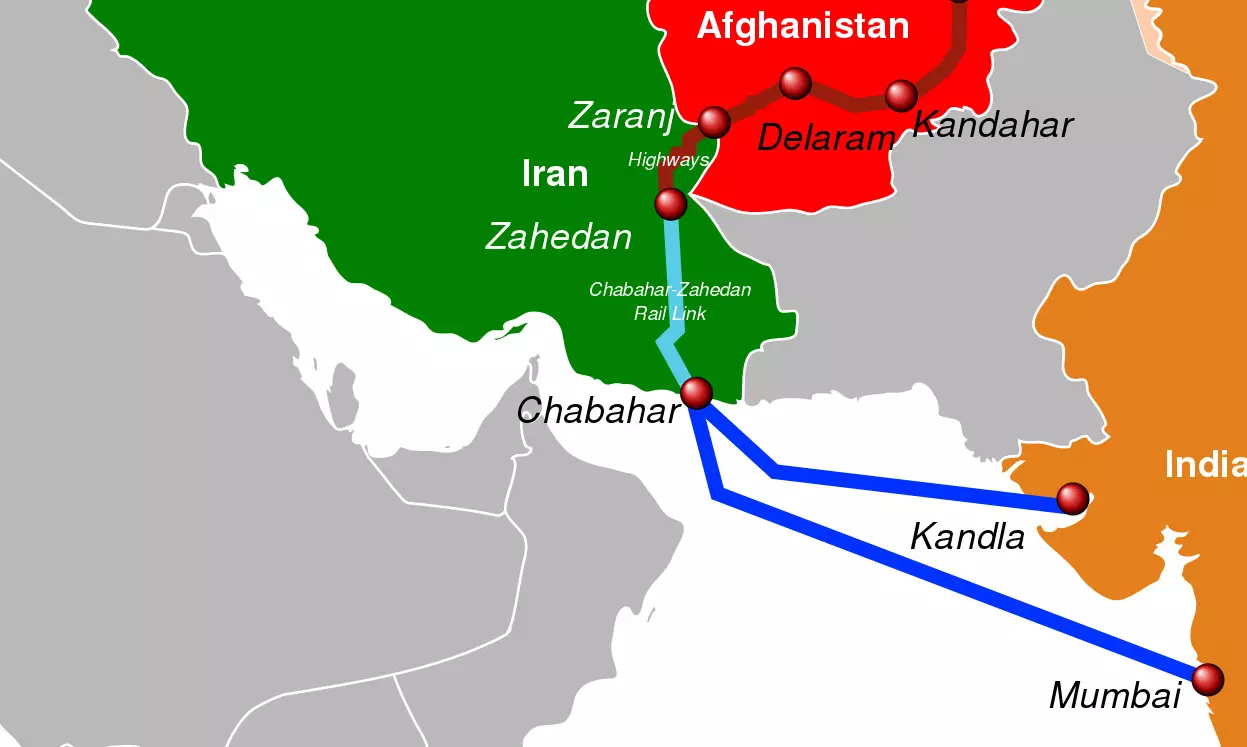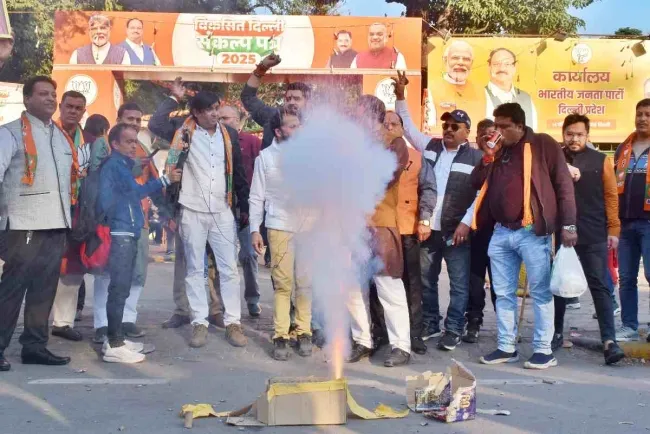Trump's Sanction Waiver Revocation on Iran's Chabahar Port Strikes a Blow to India's Regional Connectivity
In a major setback to India’s regional connectivity ambitions, US President Donald Trump has ordered the revocation of sanction waivers for Iran's Chabahar Port, a decision that threatens to undermine New Delhi's strategic foothold in the region. This move marks a dramatic shift in US policy, which had previously allowed India to engage with the Iranian port despite broader sanctions on Iran, raising serious concerns for India’s long-term regional strategy.

The Chabahar Port Project: A Strategic Asset for India

The Chabahar Port, located on the southeastern coast of Iran, is a critical component of India's strategy to expand its influence in Central Asia. India and Iran signed a 10-year agreement to operate the port, which is seen as a vital trade route to landlocked Central Asian republics. This project not only offers India a direct route to Central Asia but also provides a way to bypass Pakistan, which has long been a logistical barrier for India’s trade ambitions in the region.
The port is also a key counter to China’s growing presence in the region, particularly its development of the Gwadar Port in Pakistan, located less than 100 kilometers from Chabahar. With strategic proximity to both the Arabian Sea and key regional players, Chabahar offers India a vital maritime link, strengthening its economic and geopolitical influence.
The Impact of US Sanctions
Trump's decision to revoke the sanctions waivers has placed India’s investments in Chabahar at risk. India Ports Global Limited (IPGL), a joint venture responsible for equipping the deep-water port, had committed around $120 million to the development of the port infrastructure. Additionally, India had pledged $250 million in credit for infrastructure development as part of its broader engagement with Iran.
The revocation of sanctions exemptions dismantles the legal and financial framework that allowed India to engage with the port project without breaching US sanctions. This sudden shift in US policy threatens to unravel years of diplomatic and strategic efforts by India, casting uncertainty over the future of the contract between India Ports Global Limited and Iran’s Ports and Maritime Organization.
A Strategic Setback for India
India’s aspirations to enhance its regional connectivity and influence in Central Asia now face a significant hurdle. The Chabahar Port project, which was initially conceived as a long-term strategic investment, is now at risk of being derailed by geopolitical shifts. This development could force India to reassess its regional connectivity strategy, particularly in light of its broader objectives of securing access to Central Asian markets and countering China’s Belt and Road Initiative.
The impact of this decision extends beyond just the Chabahar Port, affecting India’s broader geopolitical and economic interests in the region. With the future of the port project uncertain, India may need to explore alternative routes for maintaining influence in Central Asia, potentially altering its approach to regional diplomacy and infrastructure development.
Looking Ahead: India’s Response
In the face of this setback, India will likely seek to mitigate the impact of the US sanctions revocation through diplomatic channels. Given the strategic importance of the Chabahar Port, India may push for renewed exemptions or negotiate with the US to find a path forward. However, the decision places additional pressure on India’s foreign policy, as it balances its relationship with the US while continuing to pursue its regional interests in Iran and Central Asia.
The broader question now is how India will adapt to this changing geopolitical landscape. With the future of its investments in Chabahar uncertain, the nation’s regional connectivity and influence may depend on its ability to navigate the complex intersection of US sanctions, regional alliances, and its own strategic objectives.
This shift in policy raises critical questions: Can India find new ways to assert its presence in Central Asia? Will this change in US policy alter the trajectory of India’s broader strategic ambitions? The coming months will likely reveal how India adapts to these challenges in the face of shifting global dynamics.
What's Your Reaction?
















